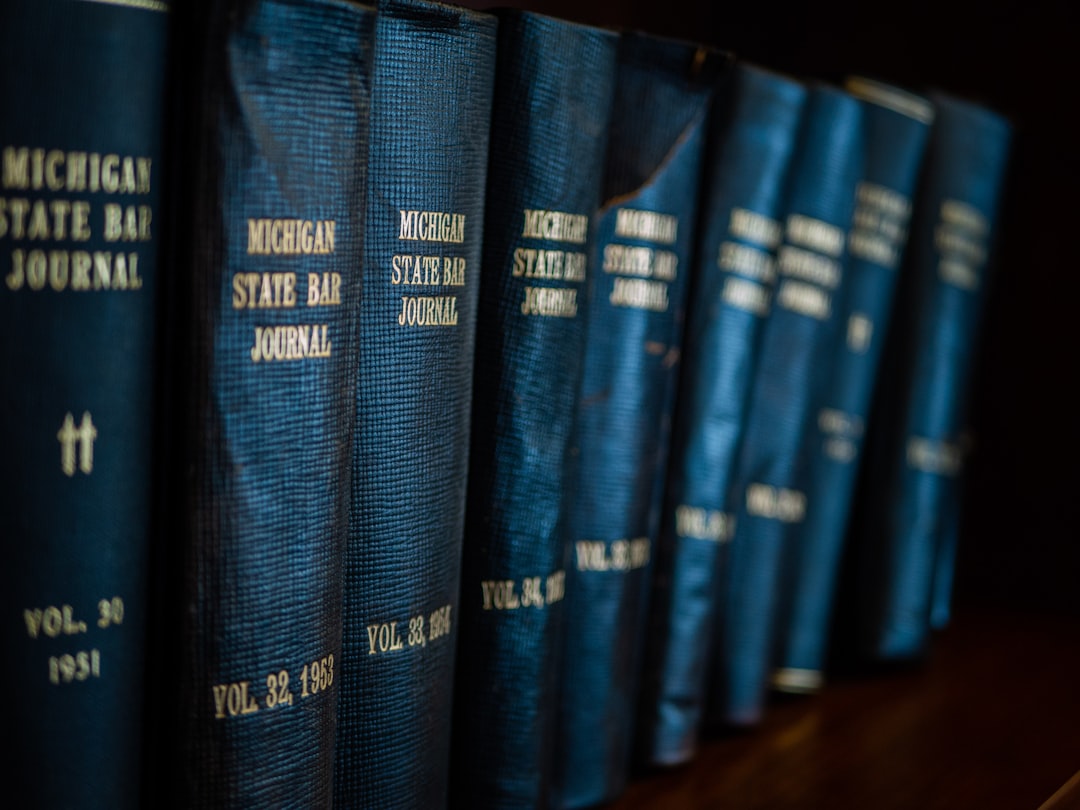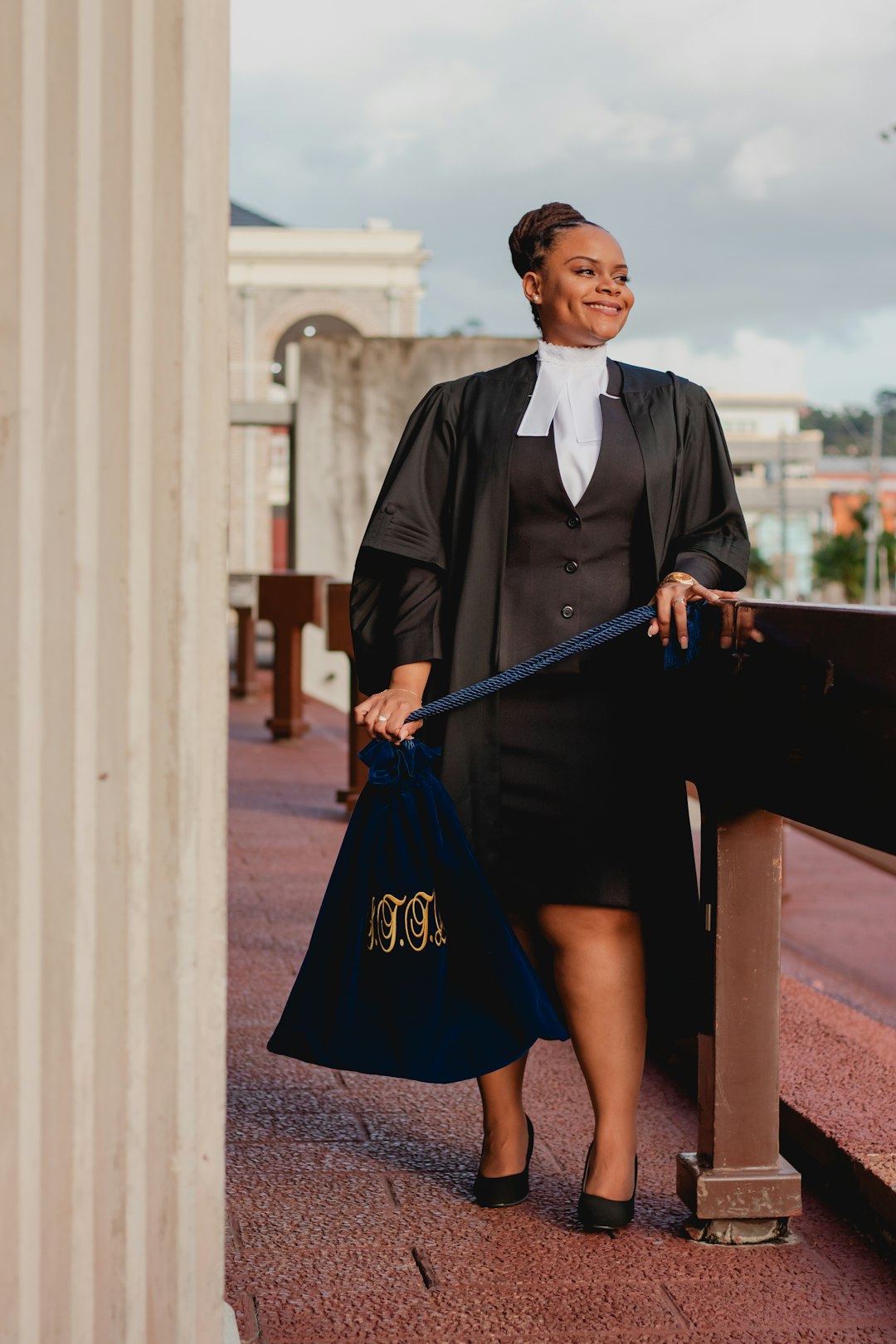In Kansas, school abuse attorneys navigating social media evidence in sexual abuse cases must balance privacy concerns with justice. They leverage online platforms to uncover misconduct, using public posts, messages, and metadata as crucial proof. However, they face challenges due to evolving digital evidence laws, requiring meticulous authentication and admissibility procedures while preserving victim privacy. Best practices include obtaining authorization, preserving metadata, verifying accounts, cross-referencing data, and presenting evidence clearly to support cases effectively. This approach has led to victories, transforming the legal landscape for victims seeking justice in Kansas.
In Kansas, addressing sexual abuse within educational institutions is a complex legal matter. The advent of social media has introduced a new dimension to these cases, providing potential evidence that can greatly impact outcomes. This article explores the unique challenges and opportunities presented by social media in Kansas school abuse cases. From understanding relevant laws to ethical considerations for school abuse attorneys, it delves into successful case studies and offers best practices for gathering and presenting digital evidence effectively.
Understanding Kansas Laws on School Sexual Abuse and Social Media Evidence

In Kansas, the laws regarding school sexual abuse are designed to protect students and ensure justice for victims. It’s crucial for both victims and school abuse attorneys in Kansas to understand how social media evidence can play a role in these cases. The state has specific regulations governing the use of digital evidence, including posts, messages, and online interactions that may be pertinent to an investigation or trial.
Social media platforms can serve as valuable resources for gathering evidence in school abuse cases. However, Kansas laws also emphasize the need for proper handling and authentication of such evidence to ensure its admissibility in court. School abuse attorneys must adhere to legal guidelines to preserve digital trails while respecting privacy rights. This delicate balance is essential to navigate successfully in cases where social media interactions might hold clues or even serve as direct proof of abusive conduct.
The Role of Digital Footprints in Uncovering Educational Institution Misconduct
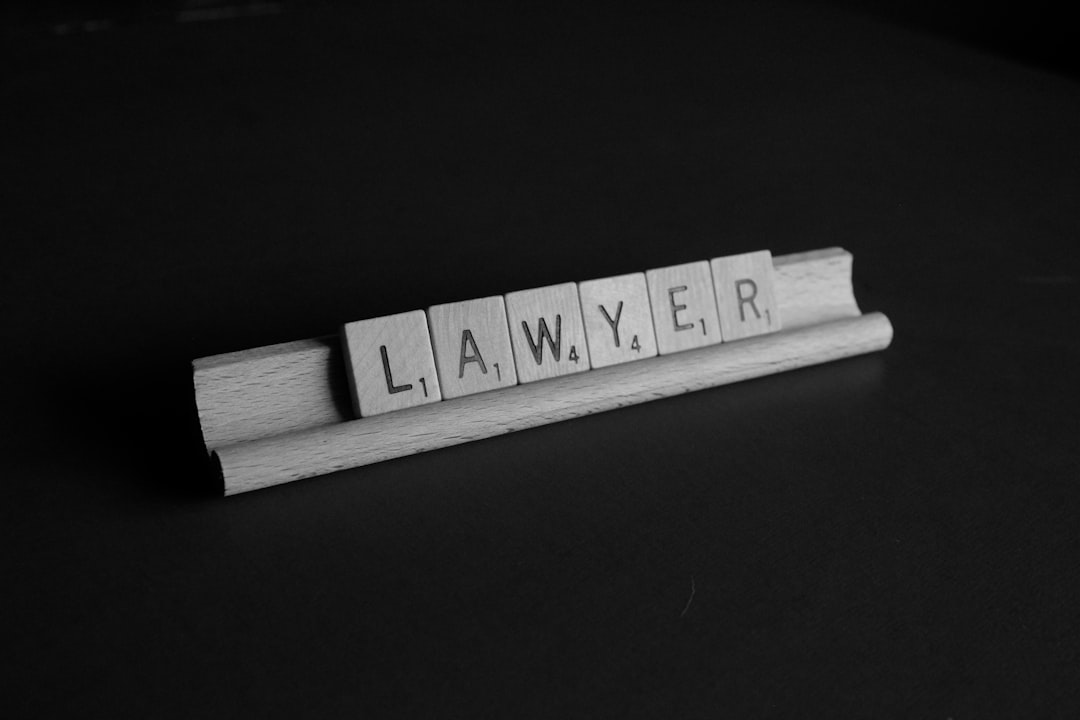
In today’s digital age, social media platforms have become a double-edged sword for educational institutions. While they facilitate communication and community engagement, they also leave an extensive digital footprint that can serve as compelling evidence in cases of school sexual abuse. Kansas school abuse attorneys leverage these online records to uncover misconduct and provide crucial support to victims seeking justice.
Through meticulous examination of social media accounts, posts, messages, and interactions, legal professionals can gather substantial proof of inappropriate behavior or patterns indicative of abuse. These digital footprints often include public posts, private messages, and metadata that pinpoint the time and location of events, offering a detailed narrative that complements traditional evidence. This approach is instrumental in building strong cases for victims who may face challenges in coming forward due to fear, shame, or concern about credibility.
Ethical Considerations for School Abuse Attorneys When Using Social Media as Evidence

When using social media evidence in Kansas school sexual abuse cases, school abuse attorneys face unique ethical considerations. The digital footprint left by individuals on platforms like Instagram, Twitter, and Facebook can provide crucial insights into a victim’s life and the dynamics of alleged abuser-victim interactions. However, attorneys must tread carefully to avoid potential pitfalls, such as violating privacy rights and misrepresenting evidence.
Social media posts, messages, and interactions are highly subjective and can be easily misinterpreted or taken out of context. Attorneys must ensure that any social media content used in court is authentic, relevant, and admissible under the rules of evidence. Moreover, they should maintain a high level of professionalism, avoiding any actions that could compromise the integrity of the case or cause further harm to the victim. In Kansas, where laws regarding digital evidence are evolving, school abuse attorneys must stay informed about legal precedents and ethical guidelines to effectively navigate these complex issues while protecting their clients’ interests and upholding justice.
Case Studies: Successful Legal Outcomes Through Social Media Investigation in Kansas
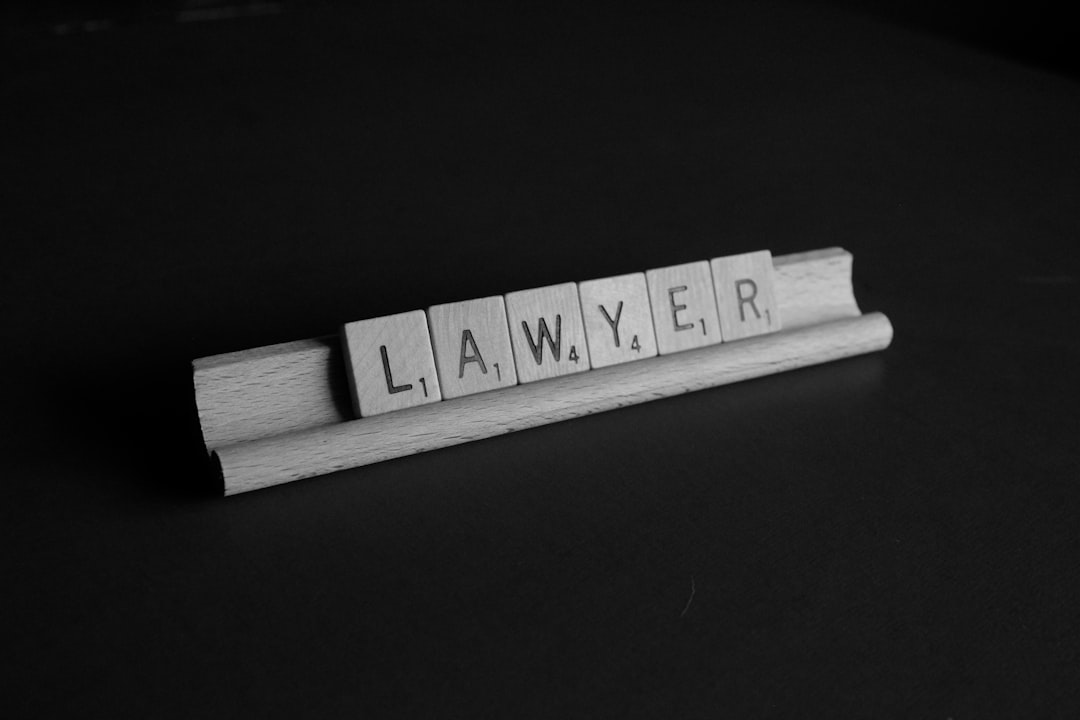
In recent years, social media evidence has played a pivotal role in securing successful legal outcomes for victims seeking justice in Kansas school sexual abuse cases. Case studies demonstrate the power of digital investigations conducted by seasoned school abuse attorneys in Kansas. By sifting through online platforms and messages, these attorneys have unraveled intricate webs of abuse, providing irrefutable proof to support their clients’ claims.
This innovative approach has led to several notable victories, reshaping the legal landscape for school sexual abuse cases across the state. The strategic use of social media evidence not only strengthens the prosecution’s case but also ensures that victims receive the justice and accountability they deserve. It empowers them to break free from the silence that often surrounds such traumatic experiences.
Best Practices for Gathering and Presenting Social Media Evidence in School Abuse Cases
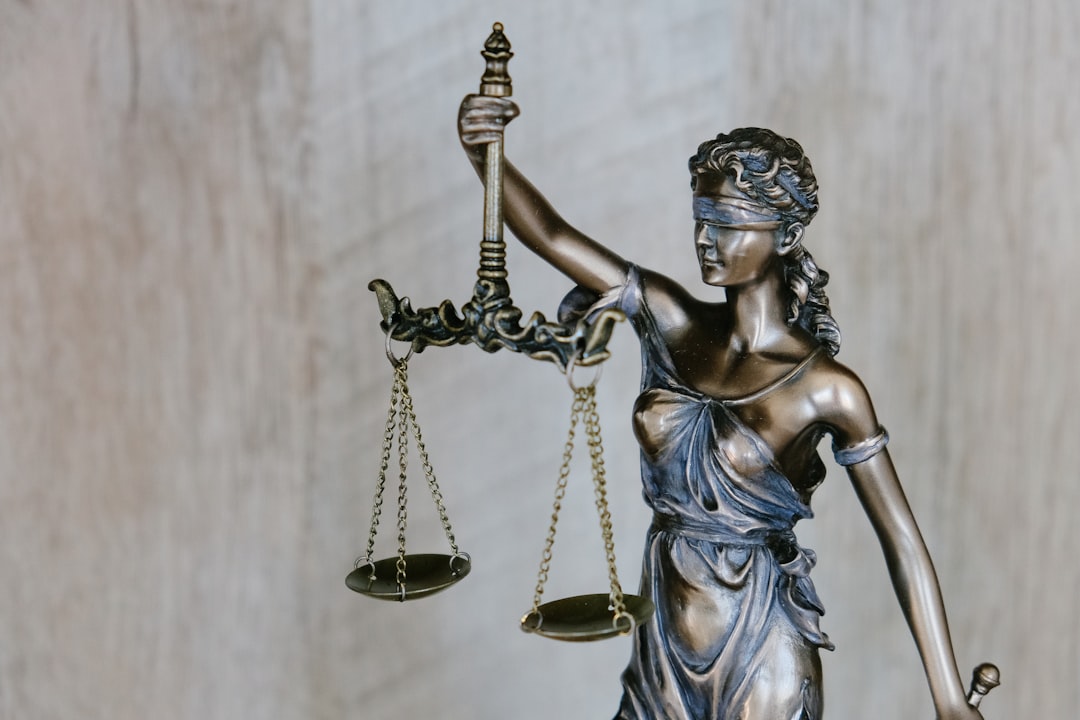
When gathering and presenting social media evidence in Kansas school sexual abuse cases, best practices should be followed to ensure admissibility and accuracy. First, obtain proper authorization from both the platform and the user, adhering to data privacy laws. School abuse attorneys in Kansas must also preserve relevant settings, messages, and metadata, as these can provide critical context for the court.
Additionally, verify the account’s authenticity and the poster’s identity to prevent misrepresented or fabricated evidence. Cross-reference information from social media with other sources, such as school records or witness statements. Presenting this digital evidence in a clear, organized manner can significantly strengthen cases, helping judges and juries understand its relevance and impact.





